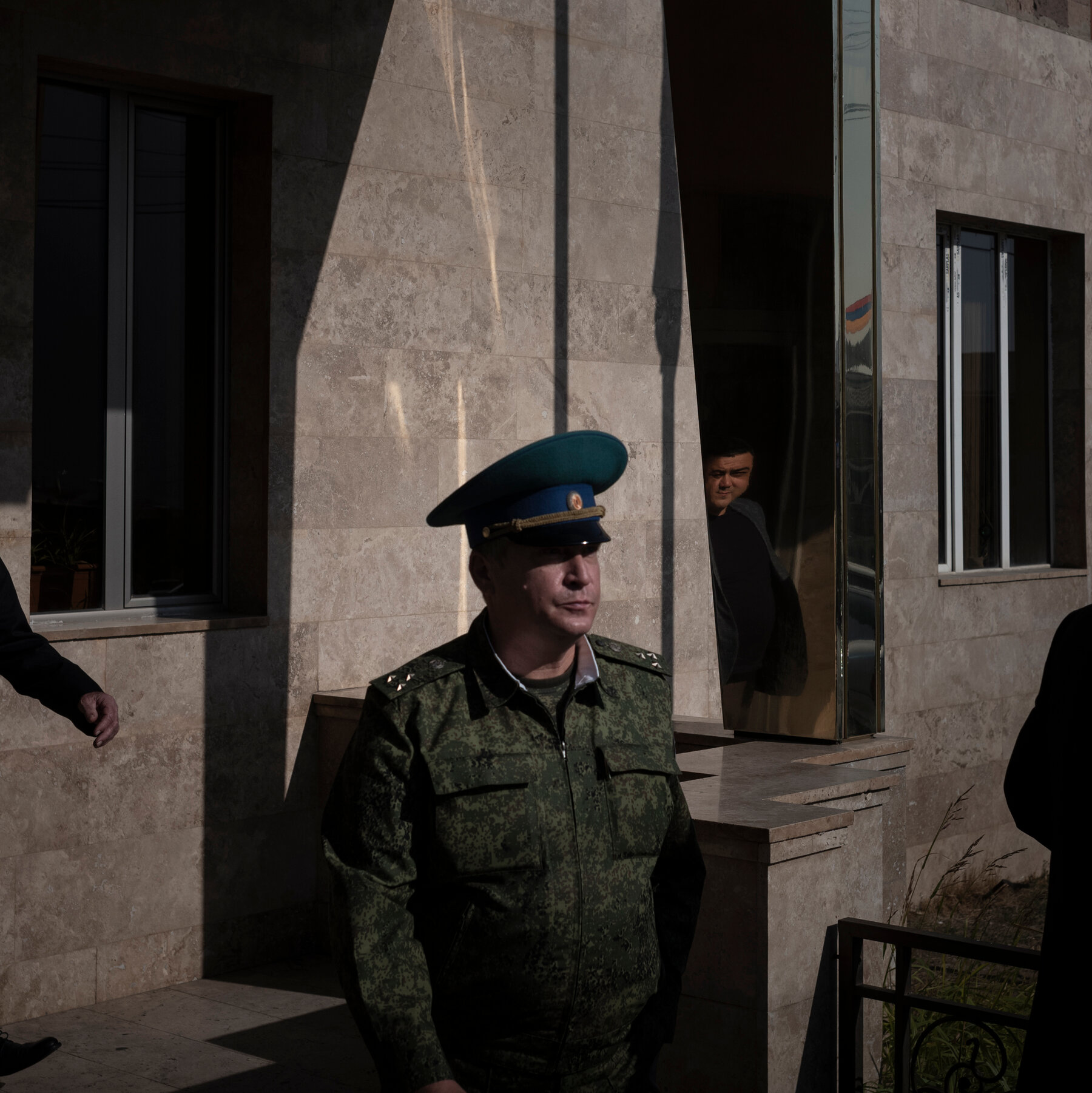
Geopolitical Struggle in the Caucasus: Russia, Iran, and the West’s Balancing Act
The Caucasus, positioned strategically between the Black and Caspian Seas, has long attracted global attention as a region of complex alliances, ethnic diversity, and historical tensions. This region is now witnessing an intensifying rivalry between Russia and Iran, each aiming to expand its influence, while Western powers navigate a delicate balance to protect their interests.
Historically significant and resource-rich, the Caucasus has been at the crossroads of empires, making it a prized area for control and trade. Russia, viewing the Caucasus as its natural sphere of influence, seeks a stronghold in the region to guard against Western encroachment. Meanwhile, Iran, eager to grow its own regional footprint, seeks control over strategic trade routes, such as the North-South Transport Corridor, which connects Russia and Iran to the Persian Gulf.
This struggle is further complicated by local ethnic tensions and longstanding disputes, as seen in conflicts like the Nagorno-Karabakh war between Armenia and Azerbaijan. Here, both Russia and Iran have played influential roles, often backing opposing sides in a bid to protect their strategic interests.
For Western nations, the Caucasus presents both opportunities and challenges. While the region is critical for energy security and counter-terrorism, the West must also manage delicate relationships with both Russia and Iran. Western diplomatic and economic strategies have aimed to support democratic development in the Caucasus, but strained relations with Russia and Iran’s regional ambitions complicate the landscape.
As the geopolitical tug-of-war in the Caucasus continues, the West’s ability to balance these complex dynamics will be crucial. Navigating this region requires a nuanced approach to safeguard stability, maintain strategic influence, and foster economic resilience in the face of Russian and Iranian maneuvers.
Originally published on The New York Times.

